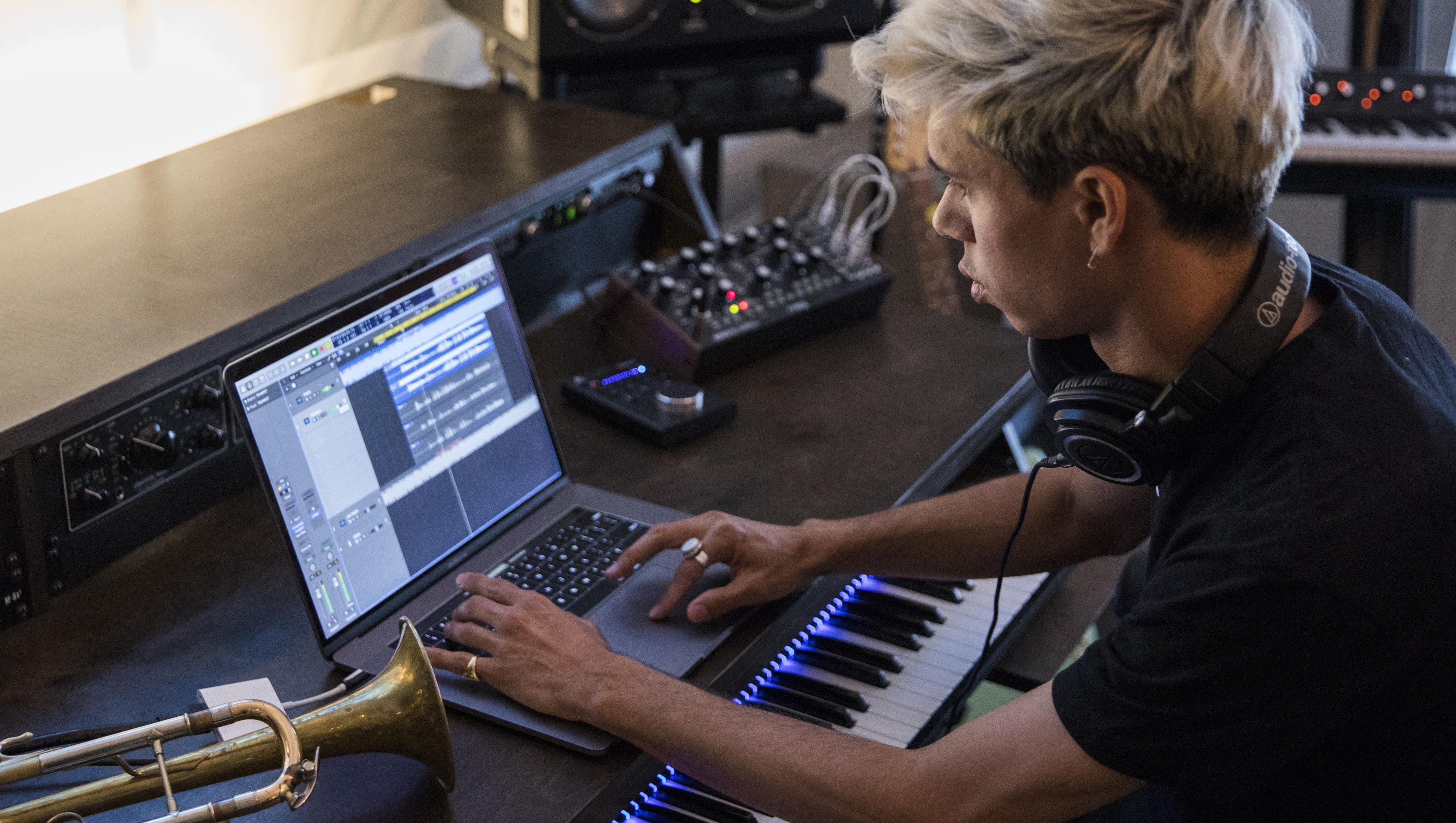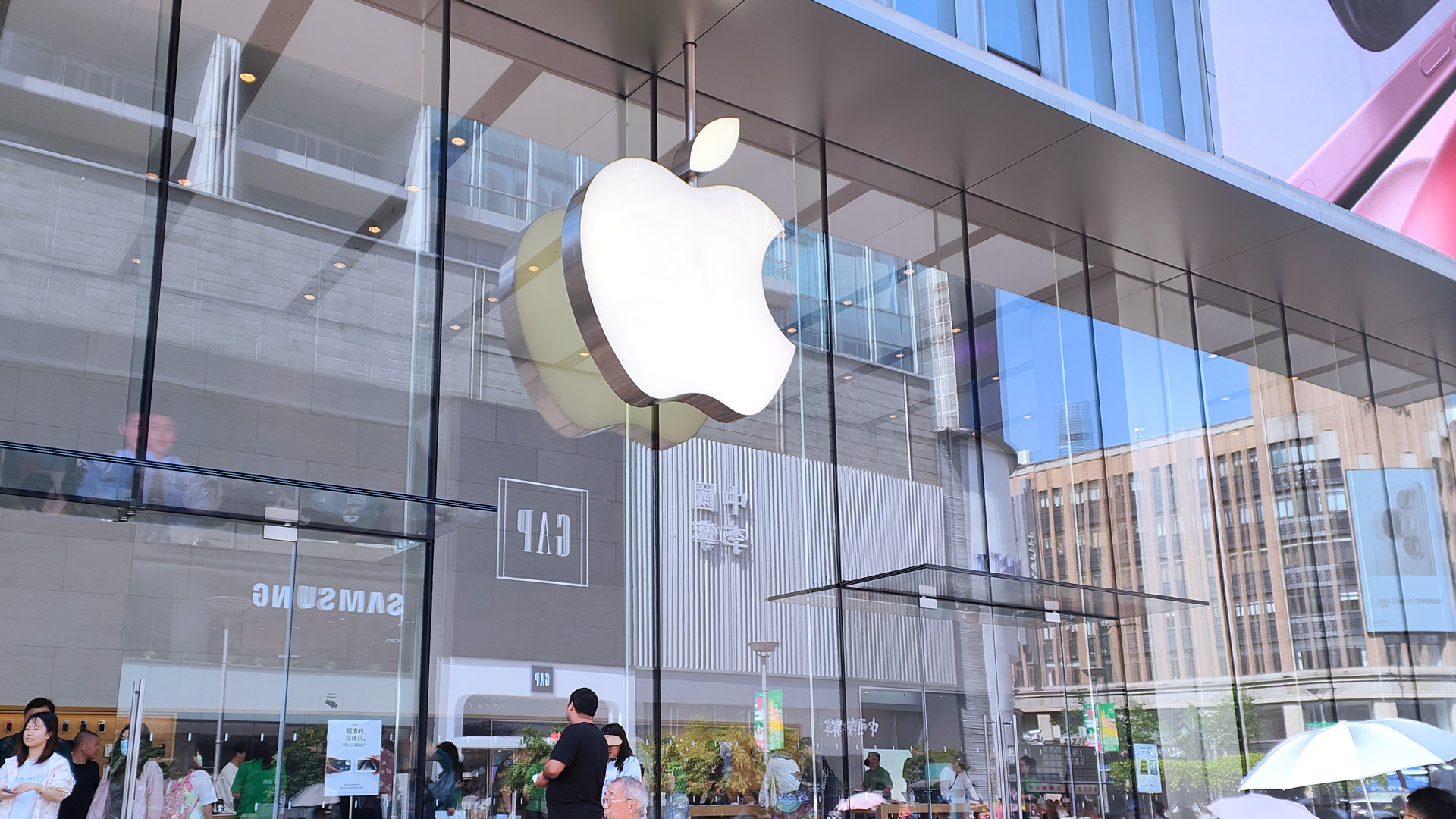Apple just declared a bunch of Macs obsolete – these are the affected MacBook and iMac models
Macs from 2016, and also models from as recently as 2018 are now classified as vintage, too

Apple has just declared a fresh bunch of Macs obsolete, and some other models have been moved to the vintage category, including MacBooks from as recently as 2018 in the latter case.
9 to 5 Mac spotted that Apple has updated its comprehensive list of both obsolete and vintage Macs, with the following new additions.
The Macs now designated as obsolete are:
- MacBook Air 13-inch (Early 2015)
- MacBook Pro 13-inch (2016, with 2 Thunderbolt 3 ports)
- MacBook Pro 13-inch (2016, with 4 Thunderbolt 3 ports)
- MacBook Pro 15-inch (2016)
- MacBook Pro Retina 13-inch (Early 2015)
- MacBook Retina 12-inch (Early 2016)
- iMac 21.5-inch (Late 2015)
- iMac Retina 4K 21.5-inch (Late 2015)
- iMac Retina 5K 27-inch (Late 2015)
And the Macs which are now classified as vintage are:
- MacBook Air Retina 13-inch (2018)
- MacBook Pro 13-inch (2017, with 2 Thunderbolt 3 ports)
- MacBook Pro 13-inch (2018, with 4 Thunderbolt 3 ports)
As a quick refresher, Apple regularly moves Macs into these two categories, with obsolete meaning that the product in question stopped shipping to shelves over seven years ago. In this case, Apple (or its official servicing partners) will no longer provide parts for repairs on the obsolete Macs.
The vintage classification isn’t as serious, and applies to hardware that’s five years old – in this case, repairs and parts are available, but the latter may be limited. It’s essentially a warning that the Mac is on its way out, and at seven years, the machine reaches obsolete as noted.

Analysis: Progress – and profits – versus sustainability
Obsolete does not, of course, mean that your Mac needs to immediately be binned. It does, however, mean that if something goes wrong with a component, you’ve pretty much had it. (We should note that some obsolete MacBooks might be eligible for battery repairs for an extended period, as Apple reminds us on its support page linked above).
Sign up for breaking news, reviews, opinion, top tech deals, and more.
Even with a vintage Mac, you may find that a needed part isn’t available, or that you have to hunt for it. We’ve said it before, and we’ll say it again – it feels like Apple moves a bit too soon in pushing these Macs out of the ‘fully supported for repairs’ category, in a world where ideally we’re looking to give hardware more longevity in an effort to achieve better sustainability.
Of course, Apple shoves older machines out of the door on the software side of the equation, too. The latest macOS Sequoia means that in the case of a MacBook Air, you need a model from 2020 to run the operating system. Or an iMac from 2019 or later, to pick another example – far from every relatively modern Mac can run macOS 15 (check here for a full compatibility list).
You might also like
Darren is a freelancer writing news and features for TechRadar (and occasionally T3) across a broad range of computing topics including CPUs, GPUs, various other hardware, VPNs, antivirus and more. He has written about tech for the best part of three decades, and writes books in his spare time (his debut novel - 'I Know What You Did Last Supper' - was published by Hachette UK in 2013).